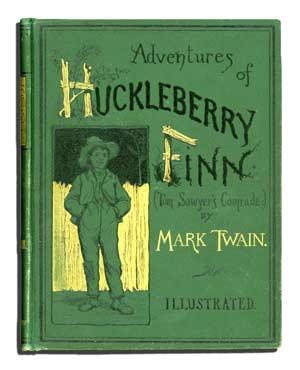Language Arts Enrichment = A Logical Life
 Tuesday, November 23, 2010 at 10:45AM
Tuesday, November 23, 2010 at 10:45AM  Marlene Caroselli, Ed.D
Marlene Caroselli, Ed.D By Marlene Caroselli, Ed.D.
In this blog, we'll explore another grammatical concept that can help you lead a more logical life. We will look at pronouns and the words that govern their usage. Let's begin by looking at two types of pronouns:
Subject case pronouns: The pronouns "I, he, she, we, they" must be used if the verb that governs their usage is a weak verb. The  weak verbs are any form of the verb "to be." Most of those have the word "be" or "been" in the verb (and so, are very easy to recognize). But five forms must be memorized because the verb is an irregular one--you can't see "be" or some form of it. Those five are "am, is, are, was, were."
weak verbs are any form of the verb "to be." Most of those have the word "be" or "been" in the verb (and so, are very easy to recognize). But five forms must be memorized because the verb is an irregular one--you can't see "be" or some form of it. Those five are "am, is, are, was, were."
Object case pronouns: The pronouns "me, him, her, us, them" must be used whenever a preposition governs their usage. These are the most common prepositions: "about, above, across, after, against, along, amid, among, around, at, before, behind, below, beneath, beside, between, beyond, but, by, concerning, down, during, except, for, from, in, into, like, of, off, on, over, past, since, through, throughout, to, toward, under, until, unto, up, upon, with, within, without."
With your child--perhaps even the whole family--read and re-read the above two paragraphs until you all have a solid understanding. Discuss the concepts presented and then......proceed to the quiz that will test your collective understanding. (Hint: Encircle the weak verb or preposition in each sentence as a first step.)
Pronoun Directions: The following sentences may or may not contain errors. If you feel corrections are needed, indicate where pronouns should be changed.
1. I can’t say with certainty, but the former committee head may have been her.
2. Between you and I, word has it that Nancy is resigning.
3. I predict the next general manager will be she.
4. We’d be behind schedule without Lundy and he.
5. It will no doubt be them who complain about the pay raises.
6. The one who raised all that money was him.
7. Mr. Brizend distributed the reports to we engineers.
8. In the past, the culprits have been them.
9. The boss sent out a memo about you and I and the volunteer work we’ve done.
10. For Secretary’s Day, Mr. Allison prepared a special event for Tami, Yolanda, and she.
If you didn't have a perfect score, our local SAT prep and Language Arts tutors can help. So can websites like the following. AP Stylebook, AskOxford.com, and the Chicago Manual of Style Online.
By the way, none of the sentences are correct, except #3. Here are the correct pronouns: 1. she; 2. me; 4. him; 5. they; 6. he; 7. us; 8. they; 9. me; 10. her.






